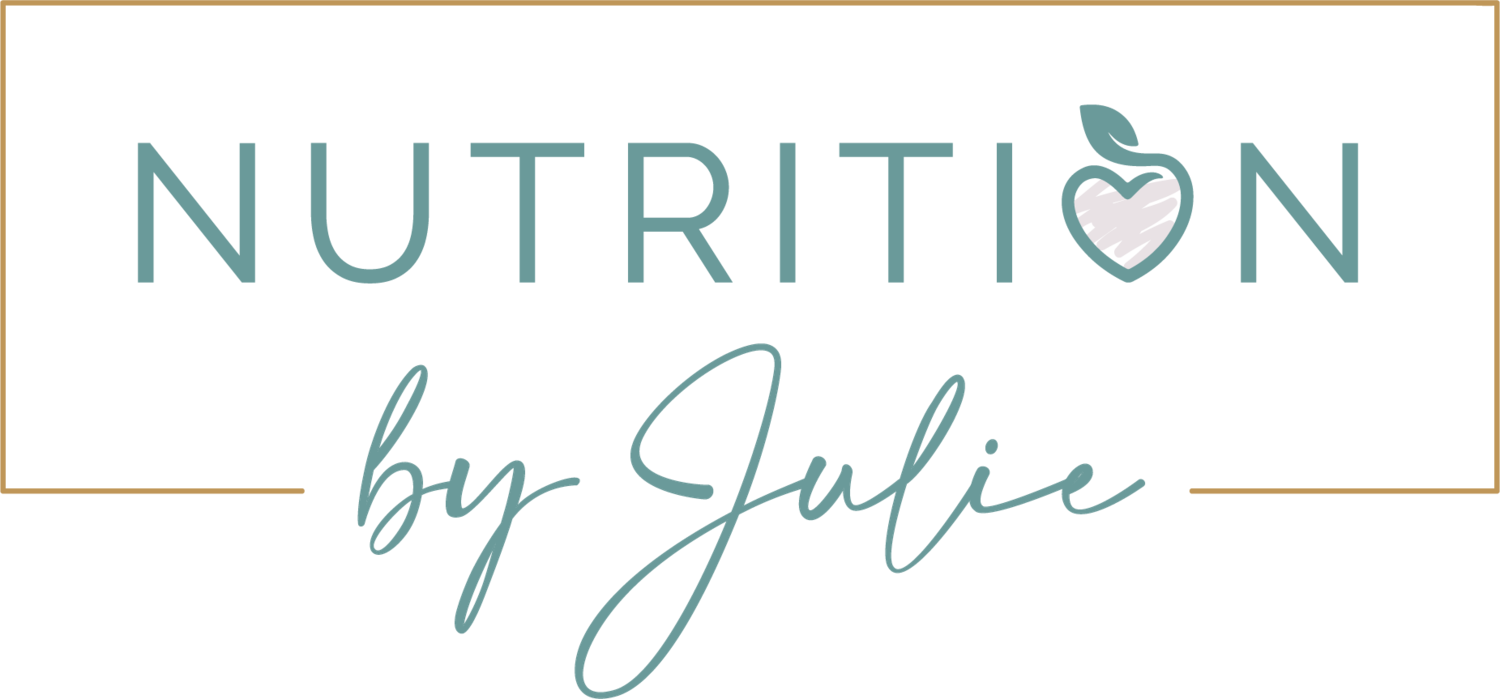Balancing Blood Sugar - What You NEED to Know!
Have you ever felt that sudden “crash” an hour or two after you eat a meal? That may be a sign of blood sugar imbalance. Everyone, even those who don’t have blood sugar concerns, should be aware of the way food is affecting their bodies. In fact, blood sugar balance is key to optimizing your overall health & wellbeing!
First, what is blood sugar imbalance?
In simple terms, blood sugar imbalance is when your blood sugar spikes and falls rapidly after eating a meal that contains carbohydrates. Your body breaks down carbohydrates into glucose (blood sugar). After you eat carbohydrates, your body responds to the increase in glucose by releasing insulin. That release of insulin then rapidly decreases your blood sugar, which causes that “crash” feeling.
Think of your blood sugar as a mountain – it’s much harder on your body go up and down a steep incline, then it is to go up and down a rolling hill. Your body will become fatigued more quickly going over that steep mountain compared to the rolling hill. The same goes for blood sugar.
So how can you keep your blood sugar balanced?
Balancing your blood sugar doesn’t mean cutting out carbohydrates completely. While yes, reducing sugar and other simple carbohydrates can be beneficial, it’s not the only way to reduce blood sugar spikes.
One of the best ways to turn that steep mountain into a rolling hill is to pair your carbohydrat with a form of protein, fat, and/or fiber. For example, eating a tortilla chip (a carbohydrate) paired with guacamole (a fiber + fat source) can lessen that blood sugar spike and provide a more sustainable source of energy. If you ever need an excuse to order that side of guacamole, there it is ;)
Another simple way to reduce sugar spikes is by going for a short walk after eating. Studies have found that just a two-minute walk after eating a meal can have a positive impact on blood sugar levels.
Your gut plays a roll
If you’ve been to my page before, you know how passionate I am about gut health. While we commonly associate poor gut health with digestive issues, an unhealthy gut can also negatively impact blood sugar levels. Research has shown that gut imbalances can impact how the body responds too glucose and can in turn increase the risk for insulin resistance. Taking care of your gut and learning to balance blood sugar go hand in hand—the same foods that promote gut health actually help regulate blood sugar too!
So how do you know if your blood sugars are imbalanced?
Here are some red flags to watch for…
Fatigue/energy crashes
Intense cravings
Headaches
Irritability
Frequent urination
Increased thirst
Unable to lose weight
Skin breakouts
Digestive symptoms
Conventional labs such as fasting glucose, fasting insulin, and A1C can provide helpful data. At home glucose monitors can also be helpful in gathering more insightful data on how your body responses to certain foods and food combinations!
Written by Julie Balsamo + Rebecca Russel

